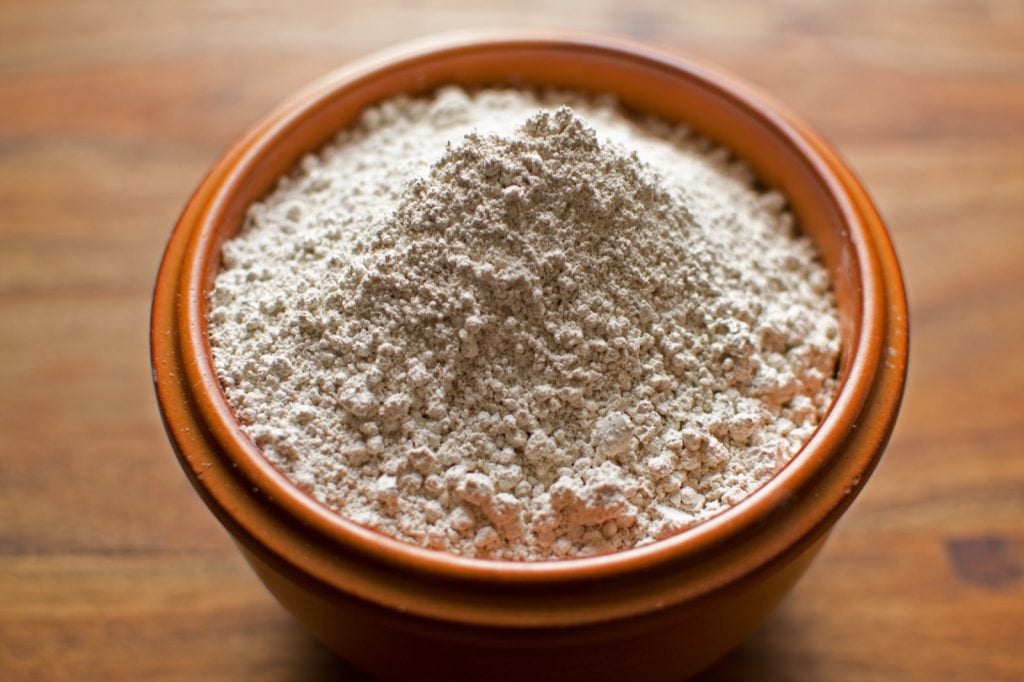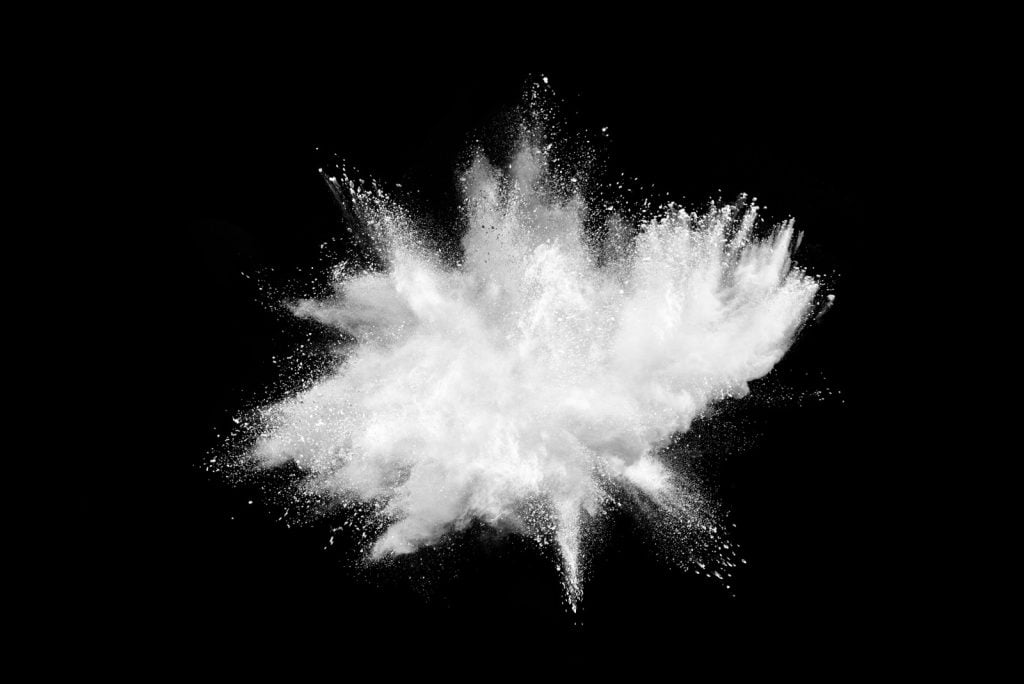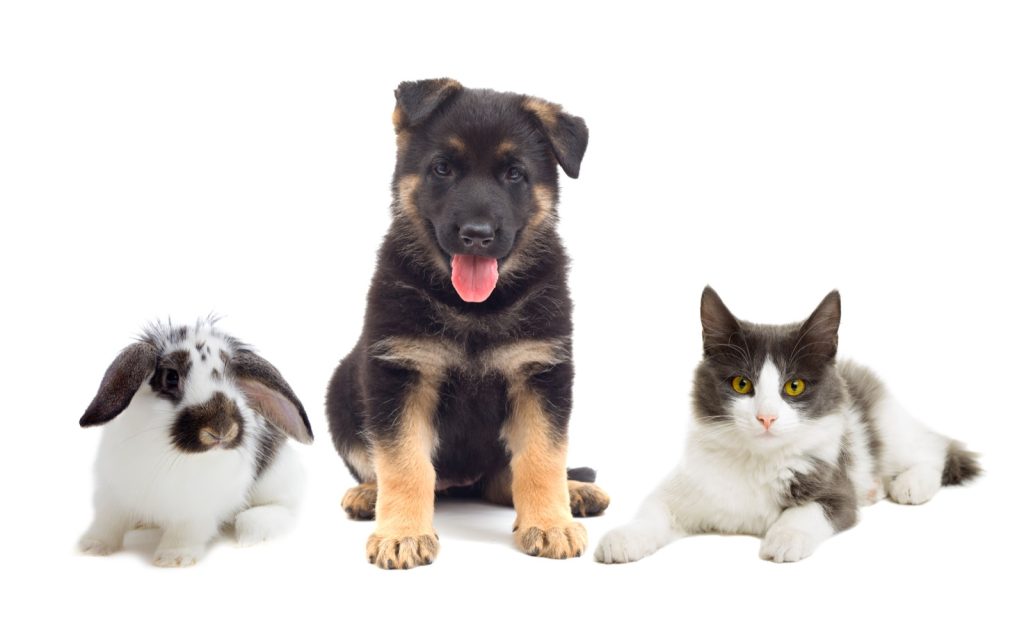
There’s nothing cuddlier than a furry bunny. These little creatures love to be snuggled, and they will play just like a dog or cat. While you might think that they would be immune to fleas and ticks because they tend to target other animals, a rabbit can become infested and may need flea treatment too.
Treating your rabbit for fleas
Before you begin any treatment, it’s always best to talk to a vet first. While pills or treatments aren’t specifically marketed towards rabbits, there are a few things that are known to be safe and effective. If you’re wondering what to do with your lop-eared babies when they are constantly scratching, here are a few things to consider.
1. Flea and tick combs

Flea and tick combs are one of the greatest inventions to help rid fleas. They can easily pull the flea from the pet and allow you to dispose of them. They are very inexpensive, and they work great if your rabbit only has a few fleas. However, these combs won’t be able to comb through an infestation, though they will help put a dent in it. You can always add combing to whatever treatment method you select.
2. Diatomaceous earth

Diatomaceous earth is one of the best natural products on the market, and it’s effective on all animals. It comes in two varieties, but you need to make sure to get the food grade, which has been purified and is safe to ingest. This siliceous sedimentary rock is grounded into a fine powder that can easily be sprinkled around the rabbit pen. You can even put it on animal fur. It quickly goes to work by piercing the outer skeleton of the fleas, leaving them unable to breathe. There are more than 100 uses for this product, and killing pests is one of the main benefits. Plus, it’s safe to use, so you don’t need to worry about the pesky side effects that many chemical products have.
3. Apple cider vinegar

It’s difficult to find a product that can be used on rabbits safely, as the market in this department is sparse. Thankfully, you can get creative and make an all-natural solution that is amazing. Apple cider vinegar is known for being used for various health benefits, but it’s also a powerful bug killer.
Grab a spray bottle and mix a solution of half vinegar to half water. Spray the concoction on the rabbit’s fur and rub it into the skin. Fleas loathe the smell of vinegar, and they are unable to breathe in its presence. You can also put this in the daily water supply to ensure that your bunny gets all the health benefits. About one tablespoon per gallon is all they need to give them the extra health boost.
4. Topical ointments

You might be tempted to run to the local department store and grab a topical solution for your bunny. Be careful what you buy as some of them cannot be used on such a small animal. The ones proven safe for your rabbit are Advantage, Revolution, and Program. It’s always best to talk to your veterinarian before you medicate your pet with these products. A rabbit on the smaller size, like under two pounds, can have serious health problems when medicated. You generally want to avoid giving them medications like Frontline or Sentinel. While these are very effective for a dog or cat, they are too strong for a small rabbit.
5. Flea powders

Flea powders seem like a logical choice as they are available at just about any retailer. However, some may be okay for your rabbit to use, and others can be harmful. Avoid anything that is listed as “all-natural”. Herbal remedies are a wonderful thing for those wanting to avoid chemicals, but some herbs are deadly to a bunny.
Frequently, manufacturing companies will use eucalyptus, peppermint oil, and other pungent smells to deter fleas. While they smell great, they can cause grave health problems should your bunny ingest them. When in doubt, do without any chemicals. While it may be a quick fix, you must remember the delicate makeup of your rabbit.
6. Dawn dishwashing soap

Dawn dish soap has long been hailed as a hallmark treatment for fleas. It’s been used to clean up animals injured by oils spills because it’s gentle and effective. You don’t want to bath your rabbit every day, but a dip once or twice to help reduce or eradicate the flea population isn’t going to hurt anything.
Just mix a bit of this dishwashing liquid with warm water and massage it into the bunny’s back. Leave it on for a few minutes and allow the liquid to do its magic. Rinse the detergent from the rabbit and towel dry. Don’t use a hairdryer on your rabbit, as the noise and blast of heat can put them in a state of panic and can induce cardiac issues. Also, while some rabbits may enjoy a bath, others will be unable to handle them. Use caution when resorting to this method.
Three-step method to get rid of fleas
While most people automatically want to treat their rabbit when it has fleas, they need to be more concerned with where the fleas are coming from. It’s best to go to the source and make sure that you kill all fleas and ticks before the infestation gets out of control. If you prevent them from thriving in your yard and in your home, then you can prevent your animals from becoming a feeding spot.
1. Get rid of fleas in your yard

First, you bring fleas into your home from the outside. It’s best to treat your yard to get rid of any of these pests before they make it inside.
2. Treat your home

Second, you need to treat your home, which includes carpets and furniture. If your rabbit is indoors, then you want to make sure the house is not infested, or it’s a futile effort to treat the pet. There are all sorts of products that can help you accomplish this task, and the DE powder I mentioned earlier is one of the more effective solutions.
3. Protect all your pets

Third, once you have treated your yard and inside your home, then you can handle your rabbit using the methods mentioned above. Remember to treat all other pets in your house too. Flea bites can be dangerous to pets if they are left untreated.
Products to avoid using for flea treatment on rabbits
You want to help your bunny, not hurt him, so here are some products you should avoid, that are proven to be dangerous to rabbits.
Flea collars
Flea and tick collars seem like an inexpensive method to take care of a significant problem and you may have had success using them on your dogs. However, these collars have chemicals on them that can cause your rabbit to have seizures or even die. Never use a medicated collar on a bunny for any reason.
Flea dips
Flea dips require a bath. Using chemicals and being rinsed in water can be a double whammy of stress on your animal. Though some grooming salons offer this service, be wary of using anything like this on your bunny. Remember, bunnies are not like dogs and cats. They have a delicate, little system that is easily disrupted. They may even have heart attacks, so the slightest trauma can have serious consequences.
Making the right choice

When you’re faced with a rabbit that can’t stop scratching, you should grab your flea and tick comb and try this method first. These little combs can remove a lot of pests without the use of any chemicals. If the comb doesn’t prove to be effective, move on to a solution of either DE or apple cider vinegar.
Once all safe remedies have been exhausted, it may be time to head to the vet’s office for a prescription medication that can effectively control the problem. It’s a small price to pay for your rabbit’s comfort and safety.

